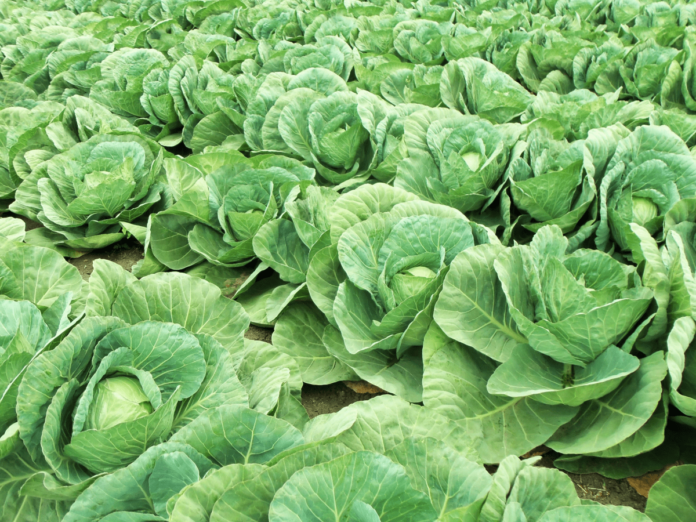Incorporating cabbage into your weekly diet may yield significant health benefits, ranging from improved digestion to potential protection against chronic diseases. Despite its humble reputation, cabbage is a nutritional powerhouse that offers numerous advantages for overall well-being.
Cabbage is rich in fiber, which aids in digestion by promoting regular bowel movements and preventing constipation. Additionally, its high fiber content helps maintain a healthy gut microbiome, which is crucial for optimal digestion and nutrient absorption.
Furthermore, cabbage contains compounds called glucosinolates, which have been linked to cancer prevention. These compounds are known for their antioxidant and anti-inflammatory properties, which may help reduce the risk of certain types of cancer, including colon, breast, and prostate cancers.
Moreover, cabbage is an excellent source of vitamins C and K, both of which play essential roles in maintaining overall health. Vitamin C supports immune function, skin health, and collagen production, while vitamin K is essential for bone health and blood clotting.
Incorporating cabbage into your diet once a week can be a simple yet effective way to reap these health benefits. Whether raw, cooked, or fermented, there are countless delicious ways to enjoy this versatile vegetable.
To maximize the health benefits of cabbage, aim to include it in a variety of dishes throughout the week. Add shredded cabbage to salads, soups, stir-fries, or sandwiches for an extra crunch and nutritional boost. Alternatively, try fermenting cabbage to make sauerkraut or kimchi, which are not only tasty but also rich in probiotics that support gut health.
When cooking cabbage, it’s essential to avoid overcooking, as this can lead to nutrient loss. Instead, opt for gentle cooking methods such as steaming, sautéing, or roasting to preserve its nutritional value.
In addition to its digestive and disease-fighting properties, cabbage also offers weight management benefits. With its low calorie and high fiber content, cabbage can help you feel full and satisfied without consuming excess calories. This can be particularly beneficial for those looking to manage their weight or achieve weight loss goals.
Furthermore, cabbage is a hydrating vegetable, with a high water content that helps keep you hydrated throughout the day. Proper hydration is essential for overall health, as it supports various bodily functions, including digestion, nutrient absorption, and temperature regulation.
Moreover, cabbage is a budget-friendly and versatile ingredient that can be easily incorporated into a wide range of dishes. Whether you’re cooking for yourself or feeding a family, cabbage offers endless possibilities for creative and nutritious meals.
For those with dietary restrictions or preferences, cabbage is also a suitable option. It is naturally gluten-free, making it suitable for individuals with gluten sensitivities or celiac disease. Additionally, it is low in carbohydrates and can be included in low-carb or keto-friendly meal plans.
When selecting cabbage, opt for fresh, firm heads with crisp leaves and vibrant color. Store cabbage in the refrigerator and use it within a week for the best flavor and texture. To prepare cabbage for cooking, remove any damaged outer leaves, rinse it thoroughly under cold water, and chop or shred it according to your recipe.
Incorporating cabbage into your weekly meal planning can be a simple yet effective way to enhance your overall health and well-being. Whether you’re aiming to improve digestion, prevent chronic diseases, manage your weight, or simply enjoy delicious and nutritious meals, cabbage is a versatile vegetable that deserves a prominent place in your diet.

